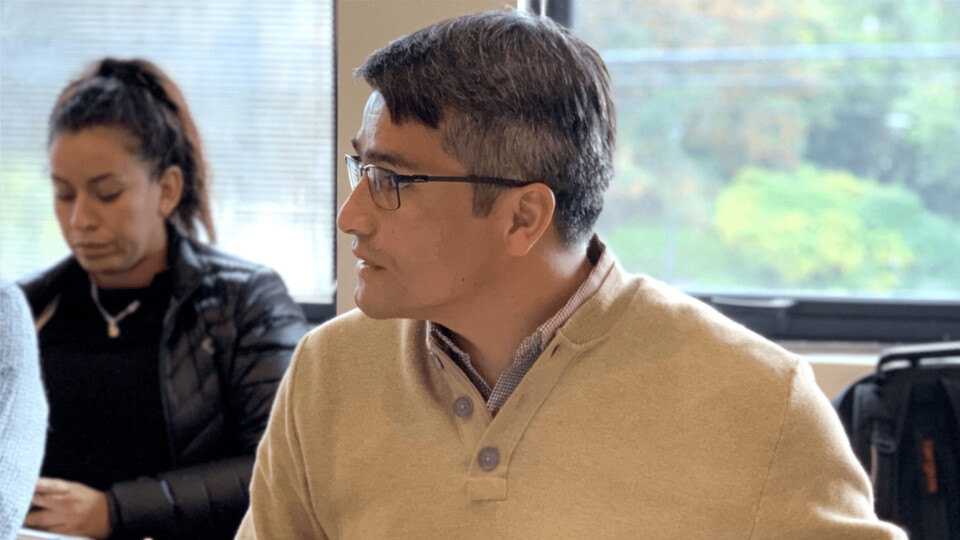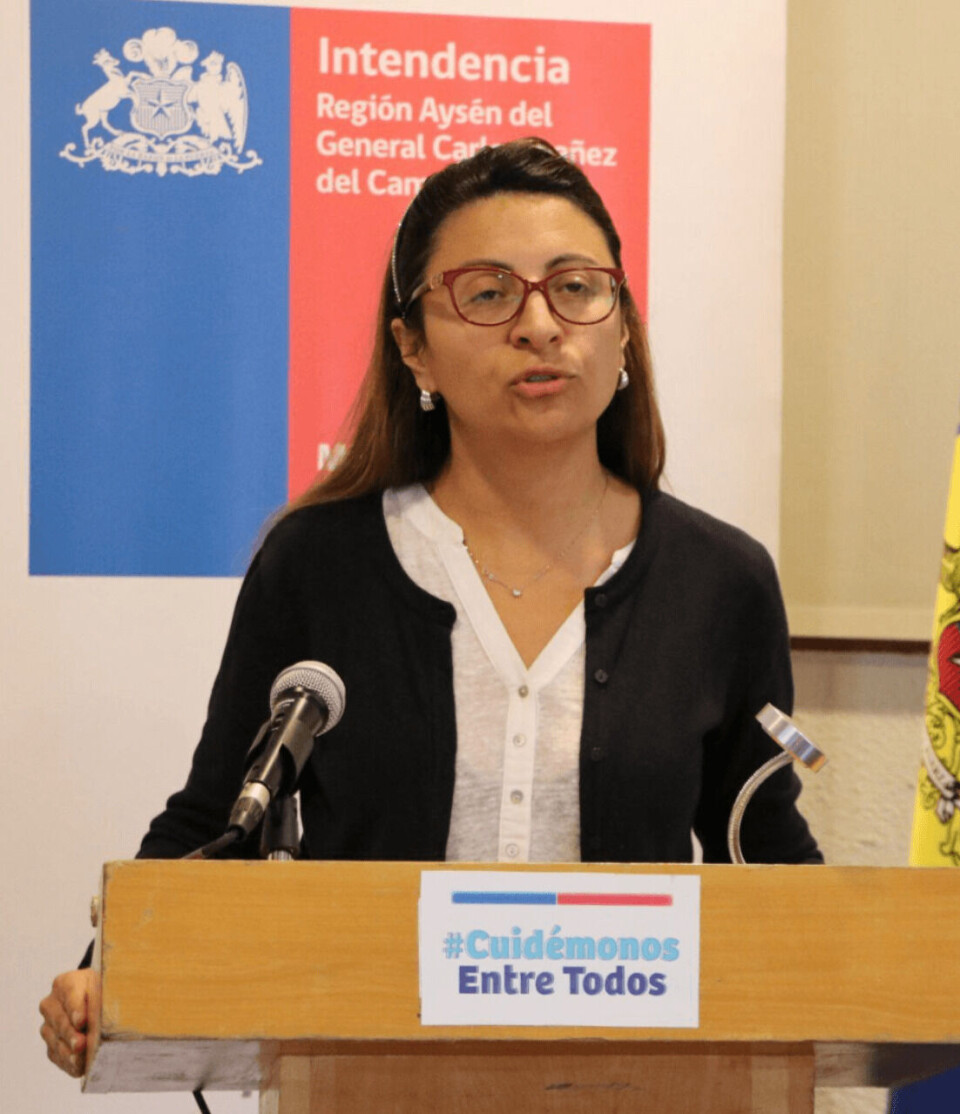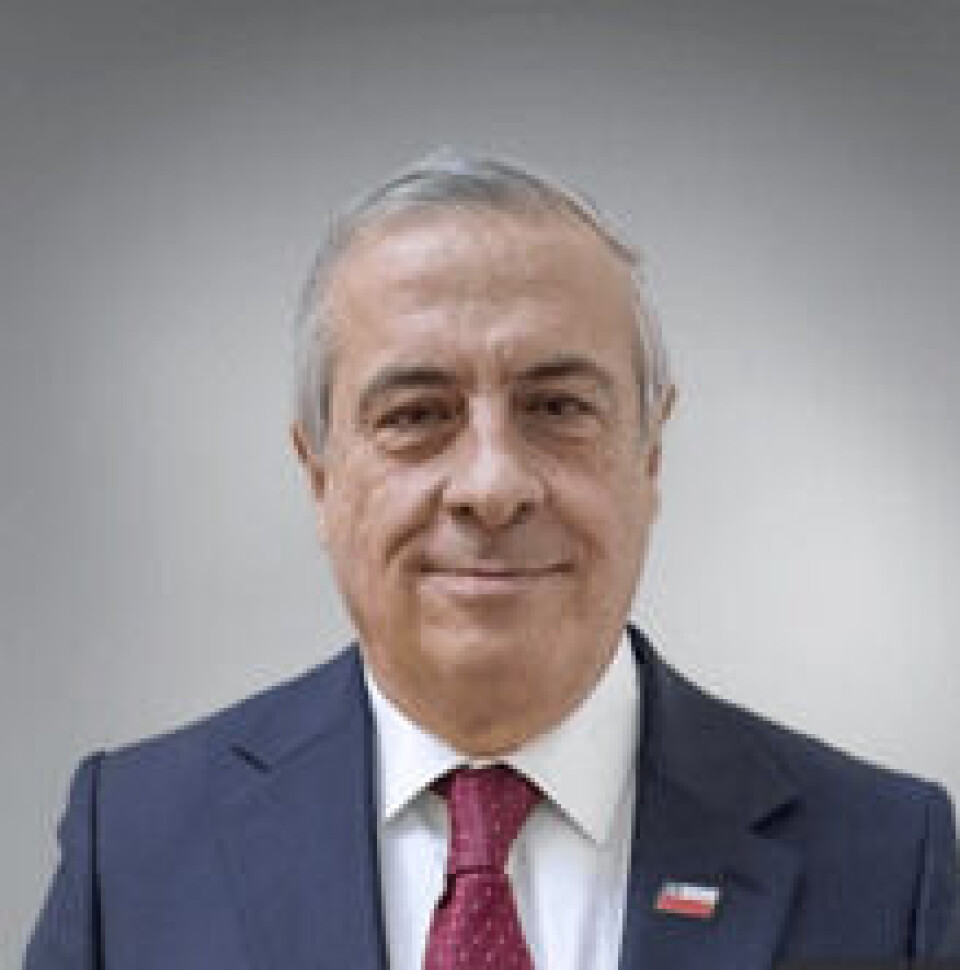
Salmon farm Covid fears ‘could provoke unrest’ warns Chilean mayor
Salmon farmers in Chile’s Aysén region have been urged to limit the transit of workers to and from areas outside the region or risk provoking civil unrest in communities scared of the transmission of Covid-19.
The warning came from Marcelo Santana, president of Aysén’s Regional Association of Municipalities (Aremu) and mayor of the Río Ibáñez commune.
Salmon farmers have already increased the length of time workers spend on farms between rotations to 21 days and are ensuring that all personnel travel to and from the area only by boat.
But Aremu is demanding that more must be done in the wake of various citizen demonstrations in Aysén, such as road and access blockades, to limit the entry of people to the area, especially workers linked to salmon farming operations. It wants salmon farmers to implement measures to limit staff turnover as much as possible, or to fill labour gaps with local workers.
Earlier this week Santana told Fish Farming Expert’s Chilean sister site, Salmonexpert.cl, that “what we think as mayors is that the salmon farming industry has to adapt its operations and to avoid continuing to rotate personnel”.
“Today five of the seven [Covid-19] cases in the Aysén region are the product of people who have been transported by salmon farmers from Puerto Montt, from Santiago, so they bring people from communes with active outbreaks, with community contagion, to a region that is free of this,” added the mayor.
“In fact, [on Monday] there was an episode in the Cupquelan fjord, involving Cooke Aquaculture, where there are 14 people who are being evacuated, based on a suspected case of coronavirus. And this affects me directly as mayor, because they are within my commune.”
‘Communities are going to rebel’
Santana said that what could derive from this is that “the communities are going to rebel, they are going to cut the routes, they are going to make barricades, because they feel that the situation is not being taken seriously and that is worrying”.
The mayor added: “If the shifts are not adjusted, if there is no more rotation, what will finally happen is that the industry will not be able to operate and that will be worse than having fewer people working in the cultivation centres. But what they are doing now, rotating staff every 15, every 20 days, is causing a tense relationship with the mayors, with the communities.”

Finding a balance
Alejandra Valdebenito, health minister for the Aysén region, has stated that paralysing the region’s salmon industry in the face of the pandemic would cause a problem “even worse than Covid-19” and has stressed that salmon farming companies have carried out sanitary protocols, including establishing a maritime corridor so that the workers who come mainly from Puerto Montt arrive and leave that way only by sea.
Farmers have also reduced staffing on sites by as much as 70%.
Valdebenito said a balance had to be struck between the economy, the health of the people and environmental health “since, if the salmon farming activities are suspended, we all know that it could create an ecological disaster, which would be even worse than the Covid-19”.
Valdebenito added: “We have to remember that within each salmon farming company there are families from the Aysén region, who subsist on that monthly income. So the solution is for all of us to make efforts to contain the coronavirus.”

Covid exemption pass
Meanwhile, it has been reported that Chile’s government plans to issue a “discharge card” for Covid-19 patients who have recovered, which will exempt them from lockdown measures so they can return to normal life.
“As of next week we’ll issue a certificate. These people can be a great help to the community,” said health minister Jaime Mañalich, who is a doctor.
Chile has had almost 6,000 infections and 57 deaths from Covid-19.
Mañalich expects a “slight increase” over the coming weeks.
Help to communities
People will be considered to have recovered from the virus if they suffered from Covid-19 but two weeks later tested negative.
“What interests us is saying that this person cannot contract the coronavirus again, because they are already immune, therefore that person can be of enormous help to communities, because they don’t represent a risk,” said Mañalich.
The question of whether those who have contracted the virus are immune once recovered is still being studied elsewhere, including in Germany, which is planning a mass study with 100,000 people, reports Pakistan’s Express Tribune.
Even if the study finds that to be the case, initial readings might not be completely reliable.
Tests currently available can show false positives for coronavirus antibodies, as 90% of adults already have immunity against common, harmless viruses from the same family.























































